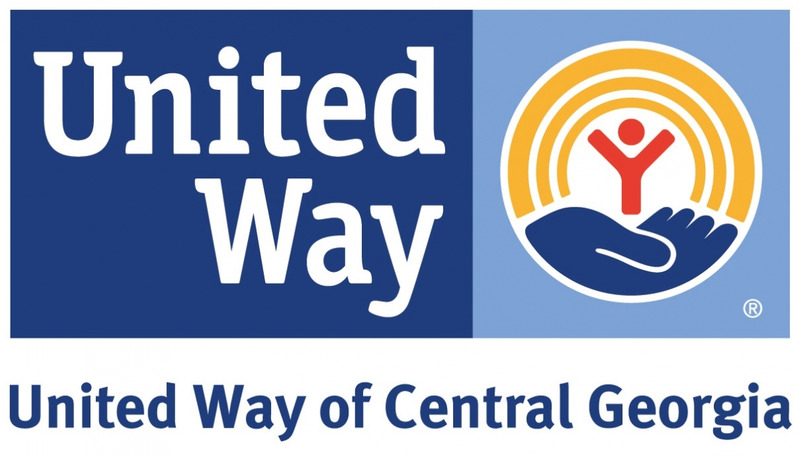"The Effects of Rising Prices Are Worse Than You Think"
Before I became the CEO of the United Way of Central Georgia, I was the publisher of the Macon Telegraph. For 5 years, my job was to keep the readers of our local paper informed of important news that impacted them in Central Georgia. While being CEO of the region's largest nonprofit is different from managing a newspaper, it’s also similar in a way. Part of the job for me and the staff here at United Way is to educate the greater Central Georgia area on the devastating impacts of poverty and how we step in to fix it.
One of the underreported news stories that is silently wreaking havoc in communities like ours is the steady increase in prices. Part of this comes from a fundamental misunderstanding of how price increases work. When prices go up as significantly as they did during the pandemic, decreasing inflation numbers means that prices are still going up, just not as quickly. 3% inflation may not sound like a huge number but the compounding effects of inflation year over year means that multiple small price increases are simply adding up.
The compounding effects of inflation can be seen in every facet of our lives. The Wall Street Journal reports that food prices are consuming a larger portion of American incomes than at any point in the past 30 years. While spending a few extra dollars at the grocery store may be a simple nuisance for me or you, this can be the difference between someone putting food on the table or picking which meal they want to skip.
The post-COVID housing boom has been a blessing for homeowners but has drastically increased the challenges for first-time homebuyers and has sent rental prices skyrocketing. Rent.com tells us that the average two-bedroom apartment is nearly $2,000 per month in the state of Georgia while first-time homebuyers are faced with interest rates that are nearly twice the going rate before COVID.
Auto insurance premiums have skyrocketed by more than 20% over the past 12 months with no relief in sight. The problem is so bad that the Federal Reserve cited auto insurance rates as one of the primary drivers of inflation over the past year. Families who are struggling to put food on the table and a roof over their heads may try to take a shortcut by dropping their insurance altogether leaving them with significant financial exposure.
One of the most concerning pieces of financial data that is not being reported is the growing amount of debt that American consumers are acquiring in order to pay for everyday necessities. Facing the compounding effects of inflation, the average credit card debt in America jumped to $6,295 in January which is accruing with an average interest rate of 22.75%. Making matters worse, Vanguard reported that nearly 50% more Americans than last year are tapping into their 401(k)s in order to pay for the basic necessities of life.
Our recent adoption of the ALICE framework highlights community members who are hardest hit by the compounding effects of rising prices. ALICE is a helpful acronym that stands for Asset Limited, Income Constrained, Employed. ALICE families are gainfully employed members of society who strive for self-sufficiency but are one small financial crisis away from slipping into poverty. ALICE families are everywhere in Central Georgia. According to our data, between 20% and 35% of all households classify as ALICE depending on the county.
Part of our mission in disrupting the cycle of generational poverty means that we help families and individuals from falling into poverty. I hope you’ll join me by getting involved.
.png)
